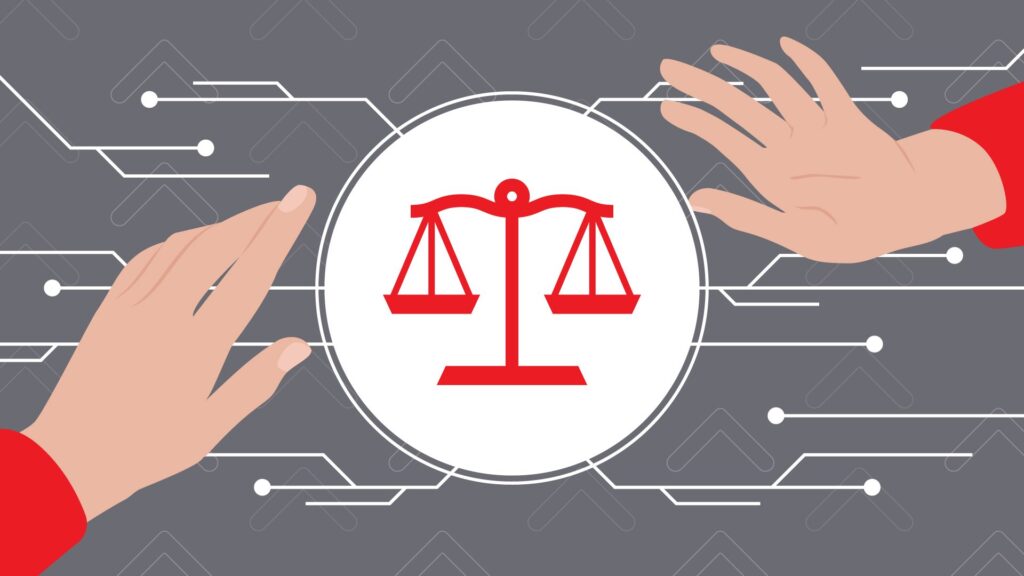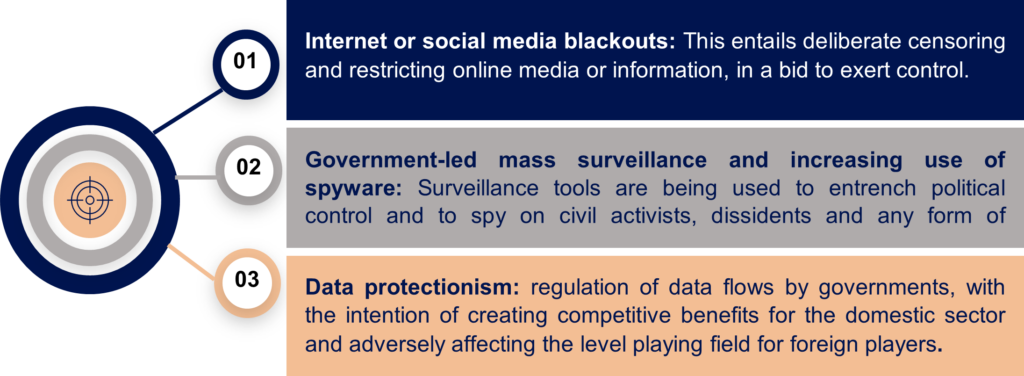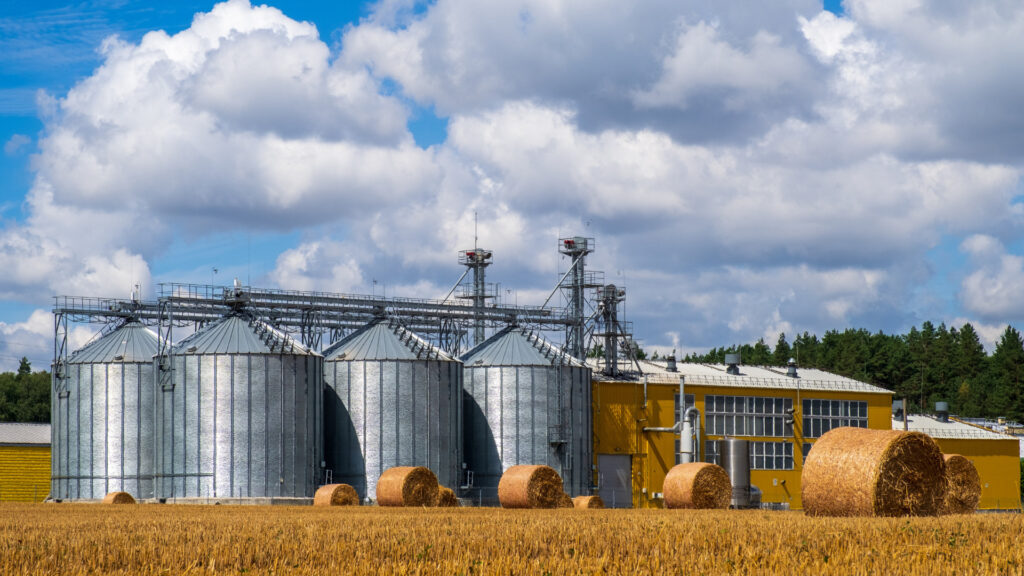Nigeria has a population of over 200 million people and is one of the largest producers of tobacco in Africa. However, Nigeria faces significant challenges in achieving food security. With a growing population, there is a need for Nigeria to prioritise food production over tobacco farming. This is because about 40 percent of Nigerians are food insecure, and prioritising food production will help ensure that there is enough food to meet the needs of the population, particularly vulnerable groups such as women and children.
Tobacco is not a staple food item, and its demand is highly contingent on external factors such as global tobacco consumption, market prices and health regulations. In addition, tobacco farming is frequently linked to deforestation, soil erosion, and water contamination, which can result in detrimental environmental and public health outcomes. Prioritising food production over tobacco cultivation can have substantial environmental benefits, as the adoption of sustainable agricultural practices can help facilitate soil preservation, enhance biodiversity, and ecosystem services, while concurrently augmenting crop yields and decreasing greenhouse gas emissions.
Transitioning from bitter harvest to more nutritious food for all.
Nigeria has a long history of tobacco farming and is currently one of the leading producers of tobacco in West Africa, with about 4,700 metric tons produced in 2021. However, this practice has negative impacts on food security, especially for smallholder farmers who depend on subsistence agriculture. The share of tobacco in crop production in Nigeria may be modest and can vary from year to year but a shift away from tobacco farming can still contribute to achieving food security in Nigeria. The competition for fertile land, water, and other resources between tobacco and food crops reduces the land available for food production, worsening food insecurity. Moreover, tobacco farming frequently involves the use of hazardous chemicals such as pesticides and fertilisers that contaminate the soil, water, and food crops. The use of these chemicals also poses a risk to the health of farmers and their families, as well as consumers.
Economic and health benefits of prioritizing food production over tobacco farming.
1. Food Security and Basic Human Needs
Food security lies at the heart of human survival and well-being. Nigeria’s population is steadily increasing, therefore, providing an adequate and sustainable food supply is critical. By prioritizing food production, we address the fundamental need for sustenance, with the goal of eliminating hunger and malnutrition, which still affects millions of Nigerians.
Redirecting resources from tobacco farming to nutritional crops will contribute to the availability, accessibility, and affordability of food, thereby securing the basic human right to an adequate diet.
2. Public Health and Well-being
Tobacco consumption has been linked to a myriad of preventable diseases, including cancer, cardiovascular ailments, and respiratory disorders. By shifting our focus towards food production, the health and well-being of individuals and communities is prioritized. A reduction in tobacco cultivation will lead to a decline in smoking prevalence, subsequently lowering the incidence of tobacco-related illnesses. This shift offers an opportunity to promote healthier lifestyles, emphasizing the importance of balanced nutrition and fostering a culture of well-being.
3. Economic Advantages and Sustainable Development
The economic benefits of prioritizing food production over tobacco production are significant. Agriculture and food-related industries have the potential to create jobs and stimulate local economies, particularly in rural areas. An increase in agricultural investment can boost productivity, generate income for farmers, and foster rural development. Moreover, this redirection of resources does not necessarily lead to economic losses. Alternatives to tobacco farming, such as diverse crops or sustainable agricultural practices, can be explored to ensure a smooth transition to a more economically viable and sustainable model.
4. Environmental Sustainability and Conservation
Tobacco cultivation places a substantial burden on the environment. It requires extensive land use, contributes to deforestation, degrades soil quality, and consumes vast amounts of water and chemical. By prioritizing food production, we can utilize land more efficiently, thereby reducing deforestation and preserving natural habitats. Sustainable agricultural practices can be adopted, which will help promote soil health and conservation. Furthermore, shifting away from tobacco cultivation reduces the pollution caused by pesticides and chemicals, resulting in cleaner water sources and a healthier ecosystem.
5. Social Equity and Inclusive Development
Prioritizing food production fosters social equity by addressing the basic needs of all individuals. Food is a universal requirement, and access to nutritious food is essential for human development. By focusing on ensuring food security for all, we work towards creating a more equitable society where no one is left behind. This shift aligns with the principles of social justice, promoting inclusivity, and reducing inequalities based on access to vital resources.
Policy implications
The transition from tobacco to food production represents a significant shift with numerous benefits for society. Policymakers play a vital role in facilitating this transition by implementing supportive measures and creating an enabling environment, emphasizing the need for effective policies, incentives, and collaborations to achieve sustainable and successful outcomes.
i. Crafting and Implementing Supportive Policies
Policymakers are responsible for developing and implementing policies that encourage the transition from tobacco to food production. This involves a comprehensive assessment of the local, regional, and national agricultural landscapes, taking into consideration factors such as soil suitability, climate, and market demand. Policymakers can use measures such as subsidies, grants, and tax breaks to incentivize farmers to shift their focus to food crops . To facilitate the process and ensure a smooth transition, clear regulations and guidelines should be set, while also addressing potential challenges and mitigating risks.
ii. Strengthening Agricultural Infrastructure and Extension Services
To support the transition, policymakers need to invest in strengthening agricultural infrastructure and extension services. This includes improving irrigation systems, upgrading storage facilities, and providing access to modern farming technologies. Additionally, policymakers can allocate resources for the development of extension services that provide farmers with the necessary knowledge, training, and support to adapt their practices to food production. By enhancing the infrastructure and support systems, policymakers enable farmers to maximize productivity and successfully transition to food cultivation.
iii. Promoting Research and Development
Policymakers play a crucial role in promoting research and development (R&D) efforts focused on sustainable food production. This includes allocating funds for agricultural research institutions and universities to conduct studies on crop diversification, climate-resilient farming techniques, and efficient resource management. Policymakers can also encourage collaboration between researchers, farmers, and industry stakeholders to develop innovative solutions and technologies that improve food production. By fostering R&D, policymakers contribute to the knowledge base necessary for successful transitions and create avenues for continuous improvement in the agricultural sector.
iv. Facilitating Market Access and Value Chain Development
To successfully shift from tobacco to food production, it is crucial to ensure access to markets and build strong value chains. Policymakers can support farmers by facilitating connections with buyers, processors, and retailers, both locally and internationally. This can be achieved by creating platforms for market linkages, supporting the establishment of cooperatives, and promoting fair trade practices. Policymakers can also assist in developing value-added processing industries, enabling farmers to enhance their income by diversifying their agricultural products and accessing higher-value markets.
v.Engaging Stakeholders and Promoting Collaboration
Policymakers play a critical role in fostering collaboration and engagement among various stakeholders involved in the transition process. This includes farmers, agricultural associations, researchers, non-governmental organizations, and private sector entities. Policymakers can organize forums, workshops, and consultations to facilitate dialogue and knowledge sharing. By creating a platform for collaboration, policymakers can leverage the expertise and resources of different stakeholders, ensuring a comprehensive approach to the transition and maximizing its positive impact.
Conclusion
The need for Nigeria to prioritize food production over tobacco cannot overstated. Redirecting resources, efforts, and policies towards nourishing crops and sustainable agriculture will have far-reaching benefits for humanity. It ensures food security, promotes public health and well-being, stimulates economic growth, fosters environmental sustainability, and advances social equity. By crafting and implementing supportive policies, strengthening agricultural infrastructure, promoting research and development, facilitating market access, and fostering collaboration, policymakers can guide Nigeria towards a future where food production takes precedence over tobacco cultivation, fostering a healthier, more sustainable, and resilient agricultural sector.


 English
English
 Arab
Arab
 Deutsch
Deutsch
 Português
Português
 China
China







